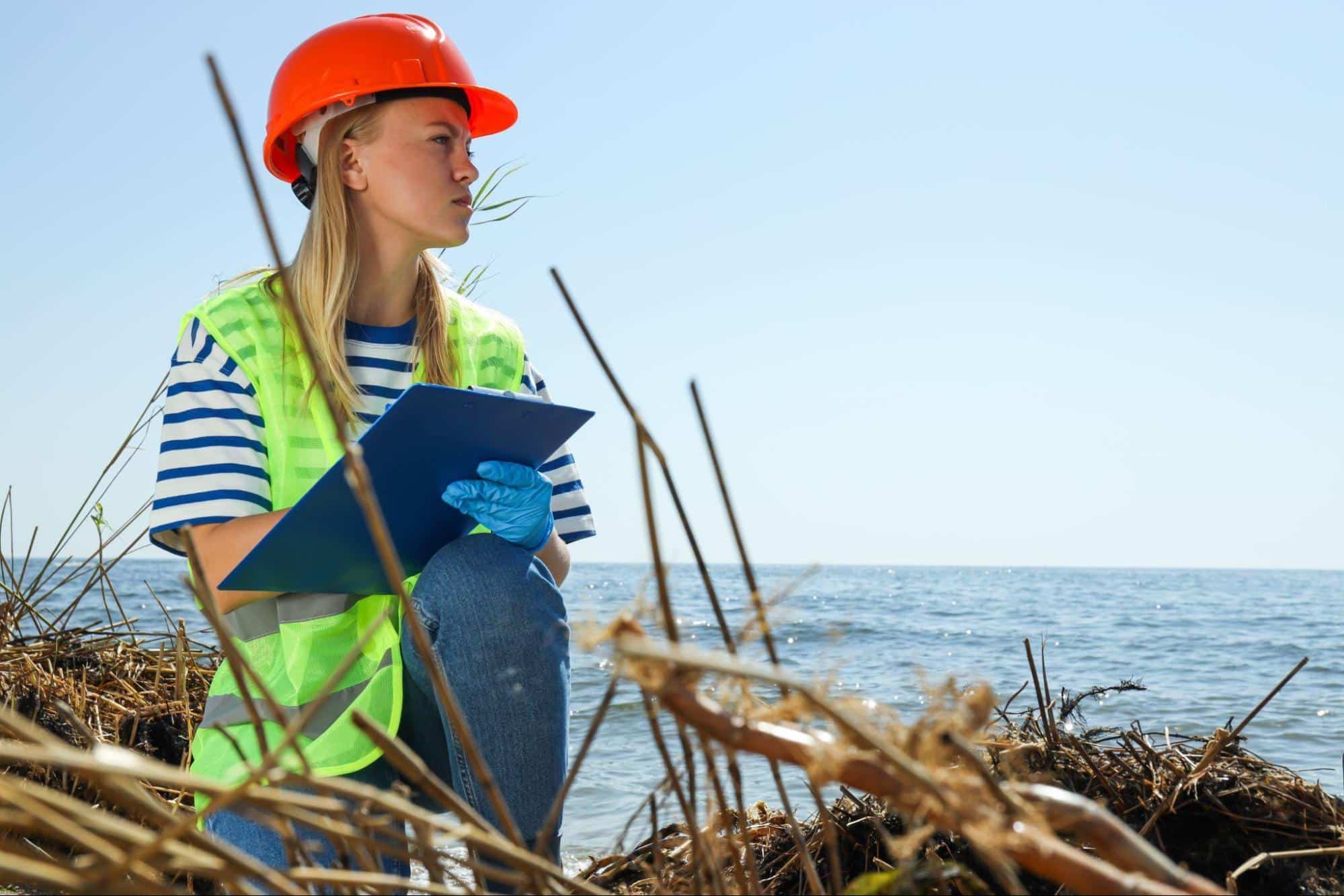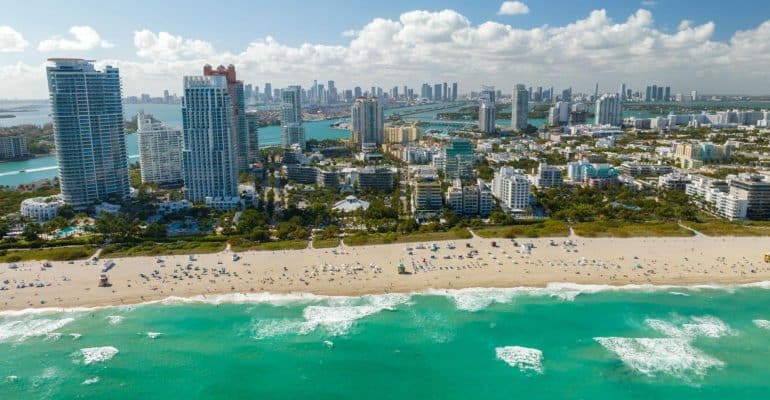Maintaining coastal ecosystems should be a topic of real concern for students who live in Florida and around the world. According to the National Oceanic and Atmospheric Administration, 40 percent of people in the United States live on the coast. We should all be concerned about preserving our landscapes.
Climates and our natural resources are in a constant state of flux, making sustainable management of coastal areas more important than ever. A coastal management degree from Everglades University can place you in a prime position to launch professional careers based on environmental science.
The Risk for Marine Ecosystems
Coastal zone management starts with a clear picture of the risks of changing climates for the animals and wildlife in a given area. You can build a successful career that has deeper meaning by focusing on these physical sciences.
As you pursue the requirements for a coastal management degree, you will learn more about the risk to natural landscapes. Rising temperatures increase the risk of sea level rise and extreme weather conditions. As a result, marine systems take quite a hit to their flora and fauna.
Of course, it isn’t just rising water that impacts the natural balance of the ecosystem. A detailed study of marine biology shows an increase in dead zones. These areas have low levels of oxygen and prohibit marine organisms from surviving.
An environmental consultant also brings awareness of the increase in saline in freshwater sources. Sea levels are on the rise and are extending farther into freshwater tributaries. These impacts would be studied in an interdisciplinary program focused on coastal and marine management.
Changes to the Coastline
This field of study examines how changes are made to the coastline and the impacts it has on the coastal cities and towns. As water continues to rise, it dramatically impacts the shorelines as well as the homes and businesses situated on the water. What used to be dry land transforms into wetlands or extended beach areas.
Florida is at particular risk for changes to the coastline, which makes our cross-disciplinary resource management program one of the most strategic moves for graduate students pursuing long-term career goals.
Without more people pursuing a marine conservation degree, the acreage now inhabited will likely continue to shrink. Some studies estimate that between now and the future (17 years from now), Florida will lose another one million acres due to rising sea levels.
Picture what that means for local areas you know and love. The wildlife will be dramatically impacted, forcing animals into more populated areas. Rural areas will become busier as people scramble to go further inland away from rising water.
All of this eliminates the wild and natural beauty of the great state of Florida.
Economic Conditions Resulting From Climate Change
Rigorous degree programs should also point out the inherent issues of the economic impacts of coastal environmental science. There are lots of careers in environmental policy on the job market that can work to remedy the environmental impacts on tourism and the hospitality industry.
Think about the many areas where marine science focuses. These locations are often home to robust fishing, real estate, tourism, and even areas where the Navy protects and defends our country. What happens to economic activities when coastal zone management doesn’t take center stage?
The result is catastrophic for some of these areas.
Because sea levels are covering the properties that generate revenue for Florida residents and business owners, the risk is seriously economic. Research points to the idea that $619 billion will be lost between now and 2100 if we do not start to put coastal environmental science into action.
When considering coastal resource management, this field of study examines not just the wildlife that suffers. Instead, graduate credit in this coastal management degree program will equip you to strategize with innovative solutions that shore up the industries that bring in significant revenue year over year.
Damages to the Infrastructure of Coastal Towns
Of course, the marine environment and how it impacts wildlife isn’t the only thing we should be concerned about when it comes to our dollars spent. Coastal environments are also at much greater risk of damage to their infrastructure. Consider how many people live on the coast: almost half of our nation’s population!
There is roughly $1 trillion in real estate in coastal areas. Most of it is within 700 feet of the coast. Imagine what a rising sea level would do to these natural environments as water creeps ever closer to that real estate.
It could damage roads, homes, and businesses, which would put a major stop to tourism development in some of these key areas. Shrinking land masses would lower taxes and significantly decrease state revenue in Florida, according to the United States Environmental Protection Agency.
Transportation wouldn’t be nearly as smooth. Imagine having to find a workaround for every coastal road that you typically take to the office. This forces more traffic onto other roads, increasing traffic jams that snare you on the highway well past your start time.
If you are concerned about maintaining the status quo in coastal neighborhoods and cities, environmental sustainability is a must-have resource.

Coastal and Marine Management Degree from Everglades University
Are you ready to preserve our marine resources and help the local economy in Florida? Environmental sustainability should be a concern for everyone, no matter where they live, work, and play. This is where our interdisciplinary approach at Everglades University can assist students in career paths that strengthen local economies.
We include credit hours in topics like Sustainability and Business Issues and Sustainable Culture, Community, and Development. Our courses also focus on long-term sustainability of populations of both people and wildlife. Some class topics include Estuarine Ecology and Sustainable Coastal Management, among others.
Reach out to our admission office today to learn more about the marine environment within our Master’s Degree in Coastal and Marine Management for graduate students!












